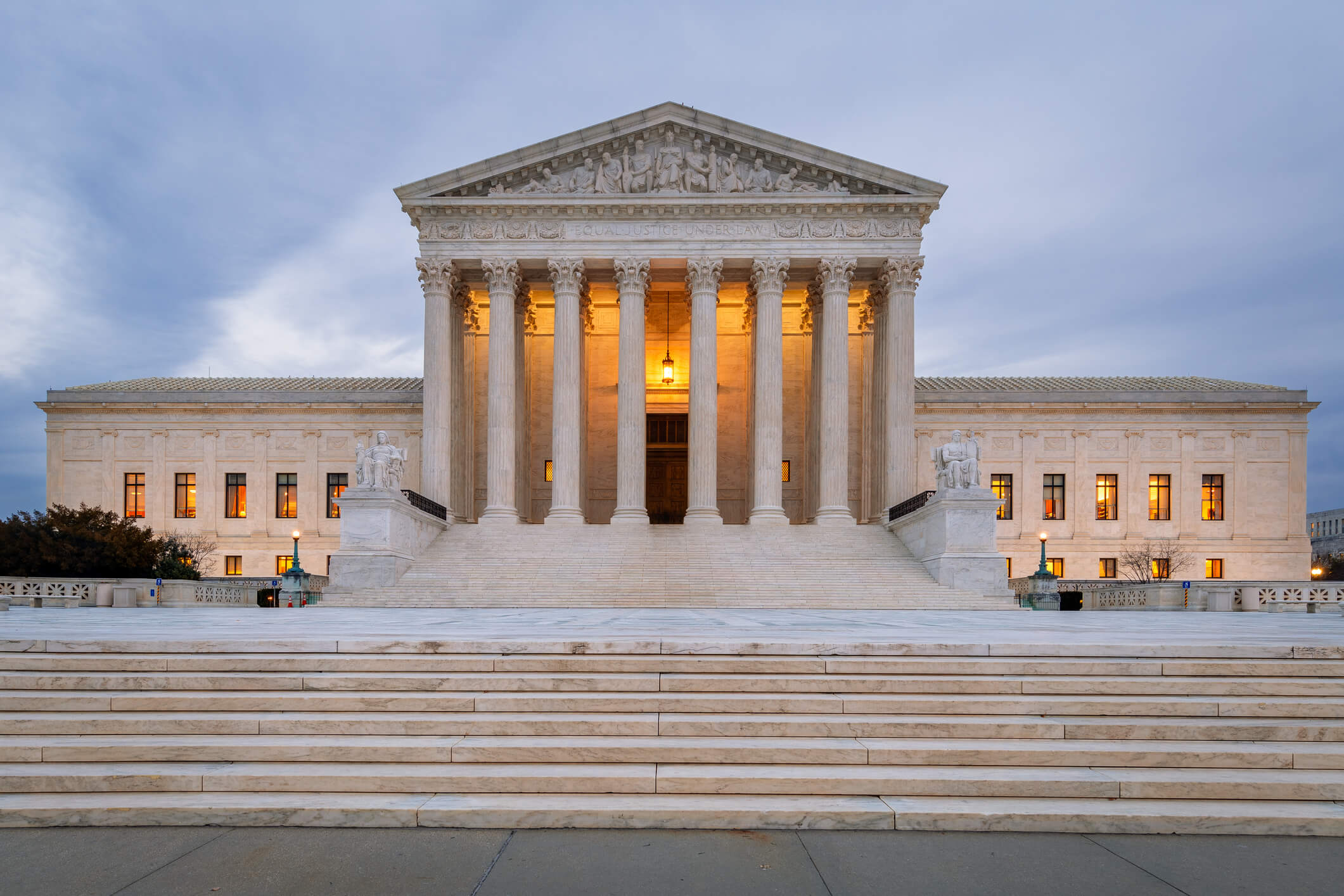Quick Hits
- The Supreme Court held that Section 3 of the FAA requires federal courts to grant stays of lawsuits after claims are sent to arbitration, if a stay is requested.
- The ruling resolves a 6–4 circuit split regarding whether federal district courts must stay lawsuits pending arbitration or whether they have discretion to dismiss them.
The unanimous decision in Smith v. Spizzirri reversed and remanded a ruling by the U.S. Court of Appeals for the Ninth Circuit that had dismissed an employment lawsuit by a group of current and former delivery drivers after the drivers had conceded their claims were subject to arbitration and requested a stay.
Justice Sonia Sotomayor wrote in the Court’s opinion that the plain statutory text of Section 3 of the FAA “requires a court to stay the proceeding,” and that “staying rather than dismissing a suit comports with the supervisory role that the FAA envisions for the courts.”
The case involved the interpretation of Section 3 of the FAA, which provides that after determining that claims are subject to arbitration, courts “shall on application of one of the parties stay the trial of the action until such arbitration has been had in accordance with the terms of the agreement, providing the applicant for the stay is not in default in proceeding with such arbitration.” (Emphasis added.)
The high court rejected arguments that Section 3 means only that a court must stop parallel litigation by dismissing the suit without retaining jurisdiction. The high court found that the word “stay” refers to “the ‘temporary suspension’ of legal proceedings, not the conclusive termination of such proceedings,” and that the surrounding statutory text does not support understanding the word “stay” to mean “dismiss.”
The respondents had further argued that allowing courts to stay litigation after claims are sent to arbitration undermines the FAA’s purpose to enforce the contractual obligations of the parties to arbitrate disputes and avoid parallel litigation. They argued issuing stays rewards parties who ignore their arbitration obligations and filed lawsuits in the courts.
But the Supreme Court disagreed, finding that “the FAA’s structure and purpose confirm that a stay is required.” The high court noted that Congress made decisions to deny arbitration immediately appealable, while decisions to compel arbitration are not, and if courts are able to dismiss lawsuits “even when a party requests a stay, that dismissal triggers the right to an immediate appeal where Congress sought to forbid such an appeal.”
Key Takeaways
The Smith decision resolves a 6–4 split among the federal circuit courts as to whether Section 3 of the FAA gives district courts discretion to dismiss lawsuits after sending claims to arbitration, holding that the FAA requires courts to grant stays if requested.
The holding may affect employers’ strategies in moving to compel arbitration. Specifically, employers that prefer to file motions to vacate, modify, or confirm arbitration awards in federal court, as opposed to state court, may be assured that the same federal courts will continue to have jurisdiction over the cases following arbitration. That outcome is significant in light of the high court’s 2022 holding in Badgerow v. Walters, which narrowed the circumstances under which federal courts have jurisdiction to rule on motions to confirm, modify, or vacate arbitration awards under the FAA.
Ogletree Deakins’ Arbitration and Alternative Dispute Resolution Practice Group will continue to monitor developments and will provide updates on the Arbitration and Alternative Dispute Resolution blog as additional information becomes available.
Follow and Subscribe
LinkedIn | Instagram | Webinars | Podcasts
“Ogletree Deakins has experienced professionals in all areas of labour and employment law who provide efficient, client-focused service. We represent employers of all industries and sizes, from small businesses to Fortune 50 companies.”
Please visit the firm link to site






